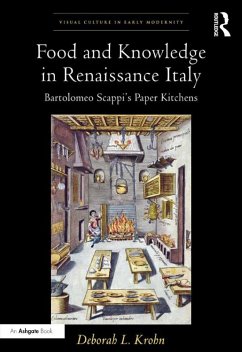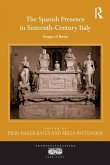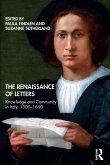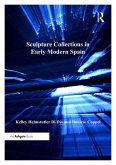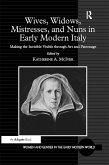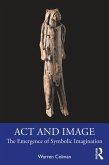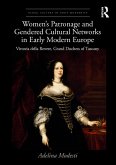Though Bartolomeo Scappi's Opera (1570), the first illustrated cookbook, is well known to historians of food, up to now there has been no study of its illustrations, unique in printed books through the early seventeenth century. In Food and Knowledge in Renaissance Italy, Krohn both treats the illustrations in Scappi's cookbook as visual evidence for a lost material reality; and through the illustrations, including several newly-discovered hand-colored examples, connects Scappi's Opera with other types of late Renaissance illustrated books. What emerges from both of these approaches is a new way of thinking about the place of cookbooks in the history of knowledge. Krohn argues that with the increasing professionalization of many skills and trades, Scappi was at the vanguard of a new way of looking not just at the kitchen-as workshop or laboratory-but at the ways in which artisanal knowledge was visualized and disseminated by a range of craftsmen, from engineers to architects. The recipes in Scappi's Opera belong on the one hand to a genre of cookery books, household manuals, and courtesy books that was well established by the middle of the sixteenth century, but the illustrations suggest connections to an entirely different and emergent world of knowledge. It is through study of the illustrations that these connections are discerned, explained, and interpreted. As one of the most important cookbooks for early modern Europe, the time is ripe for a focused study of Scappi's Opera in the various contexts in which Krohn frames it: book history, antiquarianism, and visual studies.
Dieser Download kann aus rechtlichen Gründen nur mit Rechnungsadresse in A, B, BG, CY, CZ, D, DK, EW, E, FIN, F, GR, HR, H, IRL, I, LT, L, LR, M, NL, PL, P, R, S, SLO, SK ausgeliefert werden.

